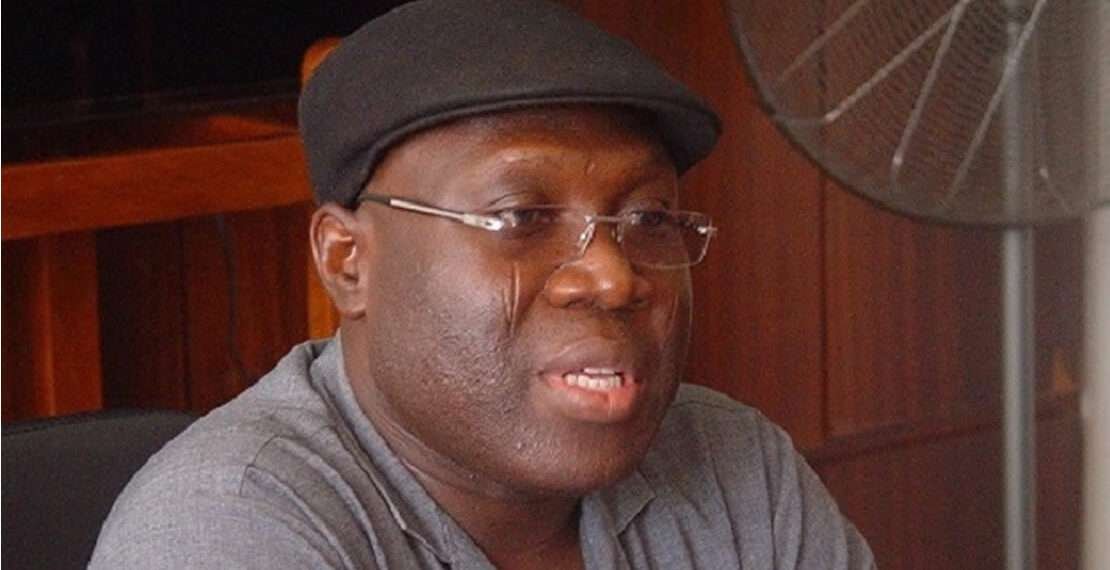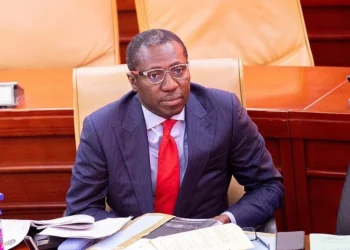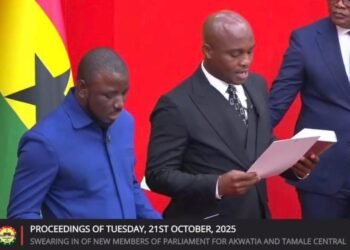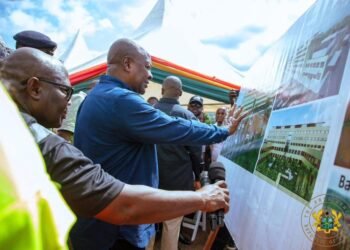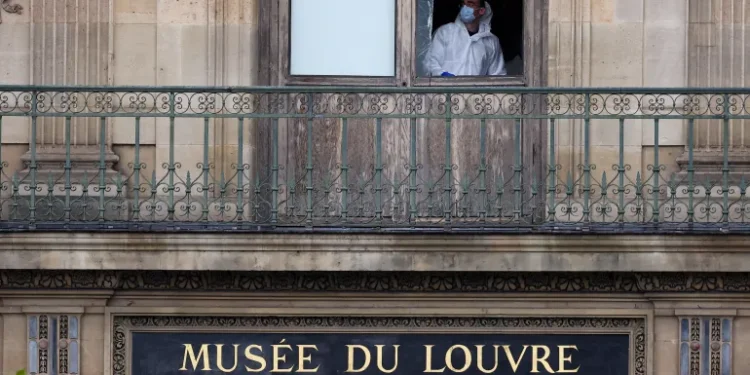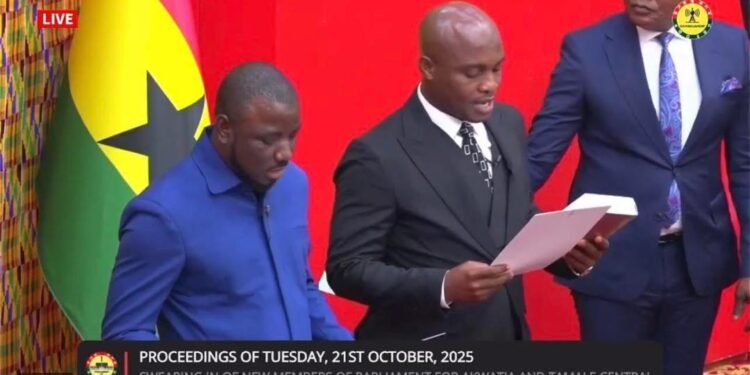Former Member of Parliament for Tamale Central and legal practitioner, Inusah Fuseini, has urged the Attorney-General’s Office and the Office of the Special Prosecutor (OSP) to work in close coordination to promote justice and accountability.
He warned that visible signs of discord between the two key state institutions could undermine public confidence in the justice system and weaken Ghana’s anti-corruption efforts.
Speaking in response to public concerns about what many have described as unnecessary delays in the extradition process of former Finance Minister Ken Ofori-Atta, Mr. Fuseini expressed worry that the Attorney-General’s Department and the OSP appear to be operating in isolation from each other.
“I think basically from my assessment of the situation, it appears to me that they have not been talking to each other and so there is some cold fit that has developed between the Attorney-General’s Office and the Office of the Special Prosecutor, and that ought not to be so”.
Inusah Fuseini
According to the seasoned lawyer, the two offices share a common mission and must therefore collaborate rather than compete.
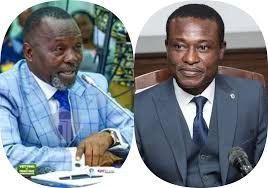
“Both the Attorney-General and the Office of the Special Prosecutor are working towards the same purpose — working towards ensuring accountability, working towards ensuring that impunity does not take hold in this country, and that people who are culpable of offenses or crimes against this country are brought to the law courts to answer for their crimes”.
Inusah Fuseini,
His remarks follow what many observers have described as an apparent lack of coordination between the two offices in the ongoing legal processes involving Mr. Ofori-Atta.
The Attorney-General’s Office has stated that it is waiting for the OSP’s docket to trigger extradition procedures against the former minister, who is currently outside the country. On the other hand, the OSP has clarified that it has maintained continuous communication with the Attorney-General’s Office regarding the matter.
In a recent statement, the Office of the Special Prosecutor explained that the delay in submitting the docket to the Attorney-General’s Office is due to the discovery of new evidence following a search at the headquarters of Strategic Mobilization Ghana Limited (SML) — the company at the center of investigations involving Mr. Ofori-Atta.

Procedural Delays and Conflicting Narratives
For Mr. Fuseini, such procedural delays and conflicting narratives only reinforce perceptions of disunity and mistrust between the two institutions. He believes that any sign of institutional rivalry could weaken Ghana’s anti-corruption architecture and embolden individuals seeking to evade justice.
Mr. Fuseini, who served as Minister for Lands and Natural Resources during the previous NDC administration, noted that the fight against corruption in Ghana requires seamless collaboration among the state’s prosecutorial agencies.
He said the credibility of Ghana’s justice delivery system depends heavily on the ability of institutions like the OSP and the Attorney-General’s Office to demonstrate mutual respect, clarity of roles, and professional synergy.
He added that the mere perception of friction between these offices could have wider implications for public trust. Legal analysts have also pointed out that both the OSP and the Attorney-General’s Office have distinct but complementary mandates under Ghana’s laws.

The Office of the Special Prosecutor is responsible for investigating and prosecuting corruption-related offenses, while the Attorney-General’s Office serves as the principal legal advisor to the government and plays a supervisory role in all criminal prosecutions.
Mr. Fuseini therefore stressed the need for both offices to develop stronger institutional coordination mechanisms that promote efficiency and prevent jurisdictional overlaps.
He suggested regular consultations, joint investigations, and the establishment of clear procedural timelines for inter-agency collaboration in cases of national interest.
He further commended the OSP for its diligence in uncovering new evidence in the SML case but advised that communication between the two institutions be more transparent and structured.
The former lawmaker underscored that the broader fight against corruption in Ghana will only yield results if institutions work in harmony and uphold mutual accountability.
His call for harmony, communication, and shared purpose between the two offices serves as a reminder that justice is best served when the pillars that uphold it stand together.
READ ALSO: Cedi’s October Surge Stuns Markets as 16% Jump in Two Weeks Sparks Investor Optimism



